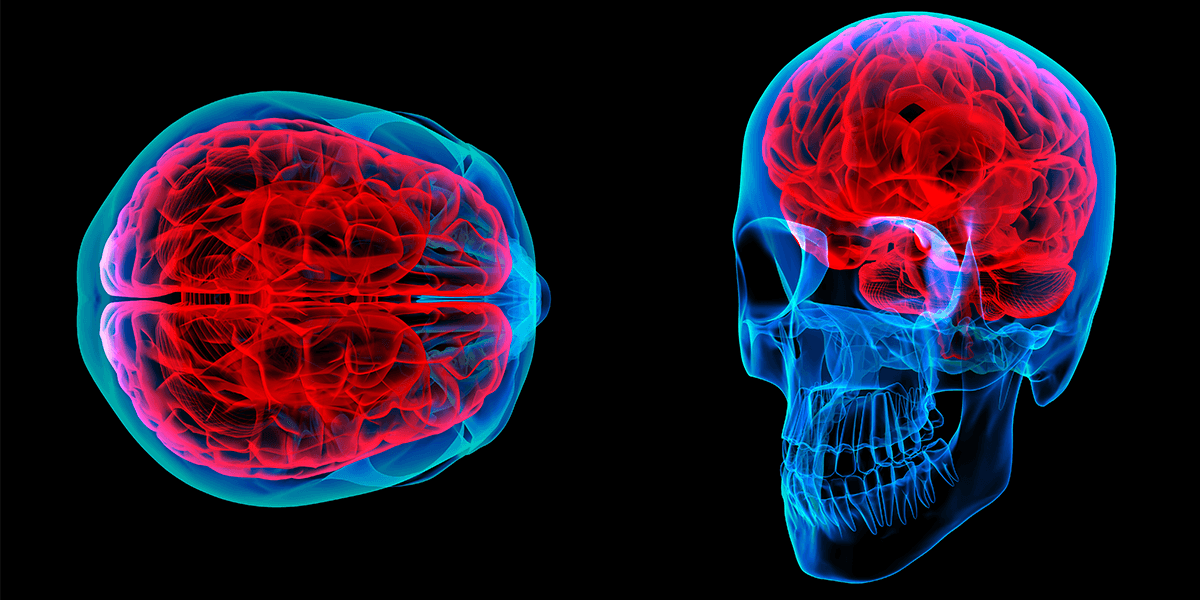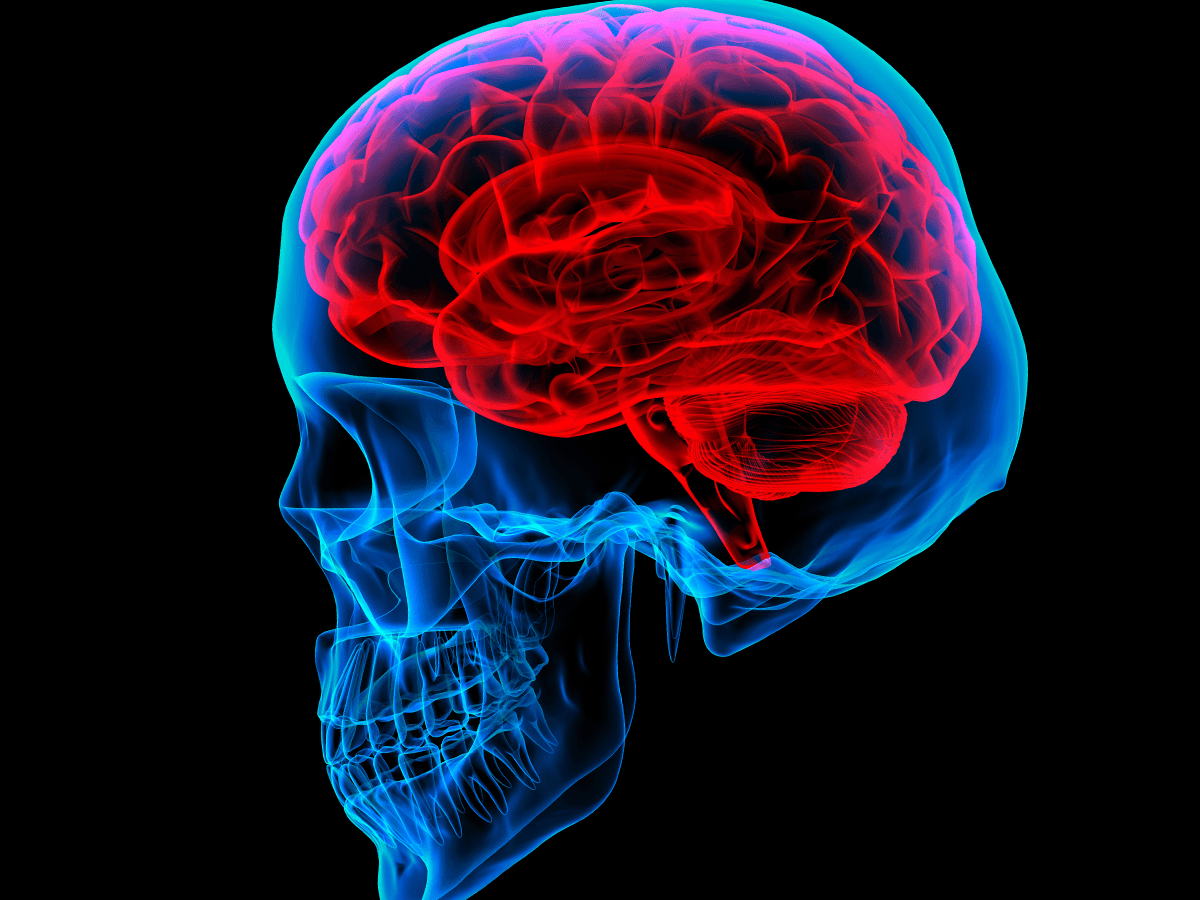

FROM THE Spring 2017 ISSUE
Beyond UTSA’s groundbreaking developments with cancer, there are more than three dozen active faculty researchers working in brain health—all part of an extensive initiative that is tackling neurodegenerative disease, traumatic brain injury, regenerative medicine, stem cell therapies, medicinal chemistry, neuro-inflammation, and drug design.
In December the U.S. Department of Health and Human Services gave an eight-year, $5.29 million grant to UTSA professor Charles Wilson, the Ewing Halsell Chair in Biology, for research on basal ganglia, the brain region involved in voluntary motor movement.

“With this substantial funding, UTSA will continue its leadership in brain health research and help the scientific community better understand, diagnose, treat, and prevent neurological disorders like Parkinson’s and Huntington’s diseases. This work will help reduce folks’ suffering and save lives,” said U.S. Representative Joaquin Castro. “Thanks in large part to UTSA’s impressive and expansive research programs, San Antonio is increasingly known as a city where science thrives. Our nation must never lose sight of the value of research, discovery, and knowledge. I’m proud that UTSA and the broader San Antonio community are leaders in learning, particularly in the field of brain health.”
Wilson’s studies are part of research being conducted across five centers at the university: the UTSA Neurosciences Institute, the San Antonio Cellular Therapeutics Institute, the South Texas Center for Emerging Infectious Diseases, the Center for Innovative Drug Discovery, and the Institute for Health Disparities Research.
Leading the brain health revolution is one of UT System Chancellor William McRaven’s Quantum Leap initiatives to provide the citizens of Texas the very best in higher education, research, and health care.

